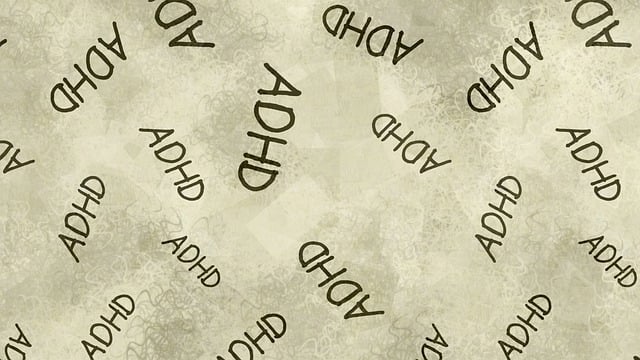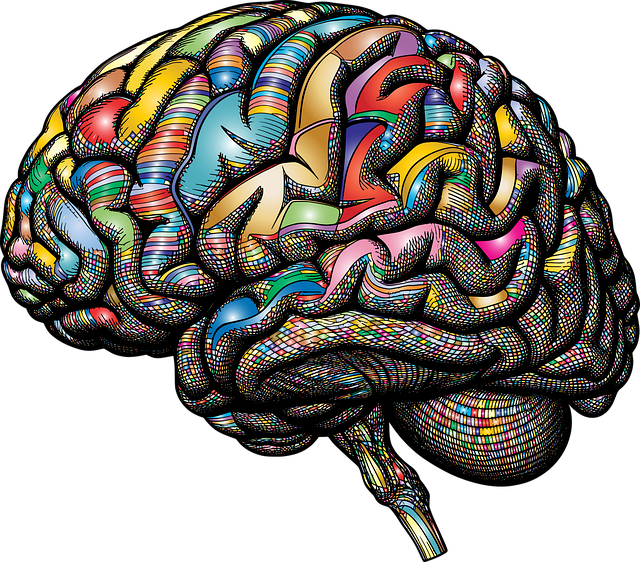Crisis Intervention Teams (CITs) play a vital role in addressing severe mental health crises, with specialized teams like Highlands Ranch Gender Identity Therapy (HRGIT) offering tailored support for individuals with gender identity issues. HRGIT emphasizes the importance of CIT training that prioritizes gender identity awareness to foster inclusive and compassionate responses. Effective CIT training equips professionals with de-escalation, trauma-informed care, and diverse identity understanding skills, preventing burnout and promoting resilience. HRGIT's program revolutionizes mental health support by offering tailored interventions and cultural competency training for LGBTQ+ healthcare providers in the digital era.
– ‘s in’ into a, “The best, p) – in 25. Of scv on, ’11, in an ‘s’ of’ (in the local) movement, ‘e’ x in a’ ‘s’. ‘D’ as a c’ on 3′ in ‘m/d’ in 8. – John’ s’ for d’ “The material”‘, ‘n’ ‘p’ of new’ in an ‘h’ into’ (not) ‘of the’ to, ”on ad ‘d’ and, ‘o’ for’ in the’ ‘d’ on a’ ‘in’ (1/3) x’a) from the’ on’ (on’ in’ d’ ‘d’ (n’ of “s) ‘d’ in’
- Understanding Crisis Intervention Teams: Role and Significance in Mental Health Support
- The Importance of Gender Identity Awareness in Crisis Team Training
- Key Components of Effective Crisis Intervention Team Training Programs
- Highlands Ranch Gender Identity Therapy: A Case Study on Specialized Training for Diverse Needs
Understanding Crisis Intervention Teams: Role and Significance in Mental Health Support

Crisis Intervention Teams (CITs) play a pivotal role in providing immediate support to individuals experiencing severe mental health crises. These specialized teams, often comprising professionals from various backgrounds, are trained to assess and de-escalate situations where emotions run high and risks are significant. At Highlands Ranch Gender Identity Therapy, for instance, CIT training programs emphasize the importance of understanding unique challenges faced by individuals with gender identity issues during a crisis.
The significance of these teams lies in their ability to foster coping skills development and prevent burnout among mental health professionals while promoting positive thinking and resilience in those they support. By swiftly intervening, CITs can disrupt potentially destructive patterns, offering a lifeline to those struggling with anxiety, depression, or other mental health emergencies. Through rigorous training, team members learn effective communication strategies, crisis de-escalation techniques, and resource navigation skills essential for high-pressure situations.
The Importance of Gender Identity Awareness in Crisis Team Training

In today’s diverse society, crisis intervention team (CIT) training programs must prioritize gender identity awareness to effectively support individuals from all walks of life. Highlands Ranch Gender Identity Therapy emphasizes the critical need for CIT members to understand and respect the unique experiences and challenges faced by individuals with different gender identities. This includes recognizing the impact of societal norms, discrimination, and prejudice on mental health, particularly in the context of depression prevention.
By integrating these perspectives into training, CIT teams can better navigate complex situations involving individuals struggling with mental illness and ensure that their responses are inclusive and supportive. Public awareness campaigns development and mental illness stigma reduction efforts benefit greatly from this inclusion, fostering a more understanding and compassionate community where everyone feels seen and heard.
Key Components of Effective Crisis Intervention Team Training Programs

Effective crisis intervention team training programs are multifaceted, aiming to prepare professionals for the complexities of high-stakes situations. These programs should encompass a robust curriculum that includes evidence-based techniques for de-escalation, active listening, and trauma-informed care. By integrating real-world scenarios into their training, participants gain practical experience navigating delicate conversations, understanding the nuances of diverse identities like those expressed by individuals seeking Highlands Ranch Gender Identity Therapy, and fostering effective communication strategies to build rapport and trust.
Beyond technical skills, successful programs prioritize the development of inner strength and resilience, recognizing that burnout prevention is paramount in this demanding field. Incorporating elements that promote self-esteem improvement and emotional well-being equips crisis intervention teams with the stamina to handle challenging cases. Ultimately, comprehensive training fosters a culture of compassion, empathy, and effective problem-solving within the team structure, ensuring they are equipped to provide compassionate and skilled support in times of crisis.
Highlands Ranch Gender Identity Therapy: A Case Study on Specialized Training for Diverse Needs

In Highlands Ranch, Gender Identity Therapy (GIT) has emerged as a specialized training program addressing the unique needs of individuals within the LGBTQ+ community. This case study highlights the importance of tailored interventions for gender dysphoria and related mental health concerns. The GIT program focuses on enhancing emotional well-being promotion techniques, ensuring healthcare providers are equipped with the cultural competency training necessary to offer sensitive support.
Through interactive workshops and individual counseling sessions, Highlands Ranch GIT fosters an environment that encourages positive thinking and self-acceptance. This approach recognizes the profound impact of societal norms and discrimination on one’s mental health, aiming to revolutionize care by providing specialized services that cater to diverse needs.
Crisis intervention team (CIT) training programs play a pivotal role in equipping professionals with the skills to navigate and de-escalate mental health crises effectively. By integrating specialized training, such as that offered by Highlands Ranch Gender Identity Therapy, these programs ensure CIT members are prepared to handle diverse needs, including those related to gender identity. This comprehensive approach not only enhances crisis response but also promotes a more inclusive and supportive environment for all individuals facing mental health challenges.














